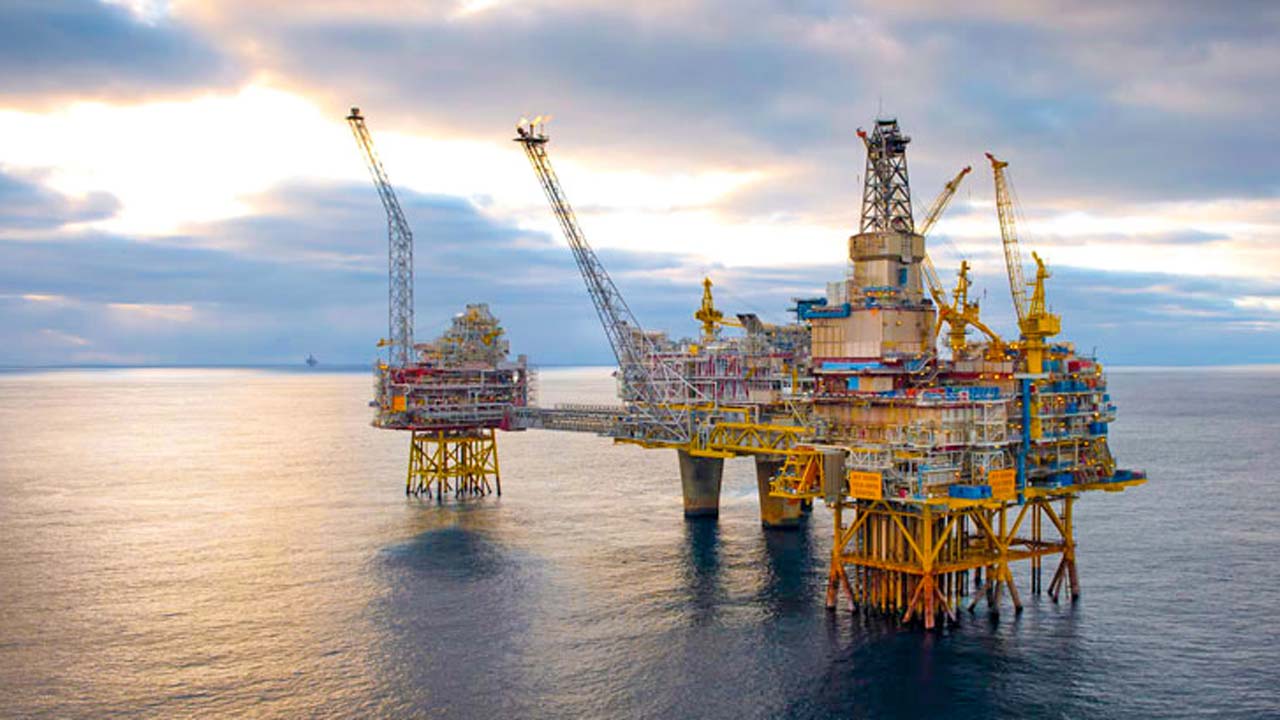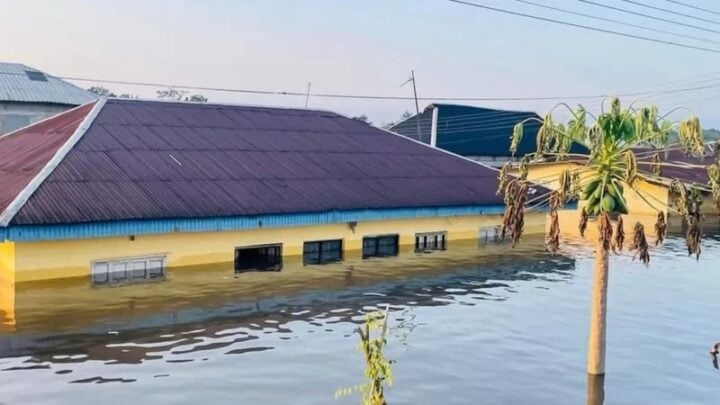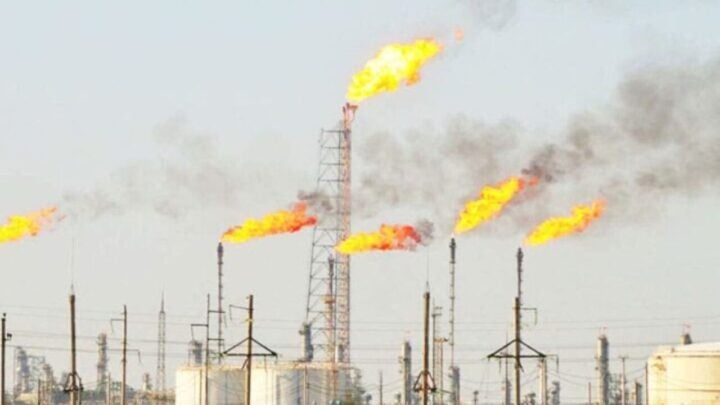Despite directly impacting our communities, health, and livelihood, climate-related reports usually take a back seat to dominant news beats like politics and business. Climate Watch aims to ensure you never miss important stories on climate change and actions being taken toward limiting its impact.
Here is a round-up of last week’s climate stories:
- Last week, the Nigeria Sovereign Investment Authority (NSIA) said $50 million has been committed in a joint venture agreement with Vitol, called “Carbon Vista.” NSIA said the investment would focus on infrastructure, agriculture, energy, and carbon, offsetting technologies that would “significantly” reduce household air pollution and domestic emissions. The authority said the initiative would play a major role in meeting the objectives of the Paris Agreement. Find out more here .
- Also, during the signing of the agreement last week in Abuja, Vice-President Yemi Osinbajo, said Africa as the lowest emitter of carbon dioxide can become the world’s first truly green civilisation. Osinbajo said this is achievable through a just transition from fossil fuels to the use of renewable energy sources. Read more here.
- At the awareness campaign of the significance of “Earth Day” last week, Michael Freeman, Israeli ambassador to Nigeria, said his country was inventing practicable and applicable technologies to assist in the fight against the negative effects of climate change. Freeman said Israel has expertise in the use of renewable energy and storage, adding that cooperation between both countries could help record significant progress in tackling the many challenges of climate change. Read more here.
- Also, Felix Obike, chairman of the Nigeria Council of the Society of Petroleum Engineers (SPE) said to ensure energy security, the federal government needs to utilise the use of gas resources. Obike, during an interview in Abuja, said gas is a cleaner fossil fuel than oil or coal and can play a major role in reducing the greenhouse gas emissions. Obike said through the use of technologies, building and producing gas reserves in a safe manner can significantly reduce emissions. Obike also said capacity building is vital in harnessing gas potential while calling for the inclusion of gas generation and technology courses in tertiary institutions.
Advertisement
Add a comment






